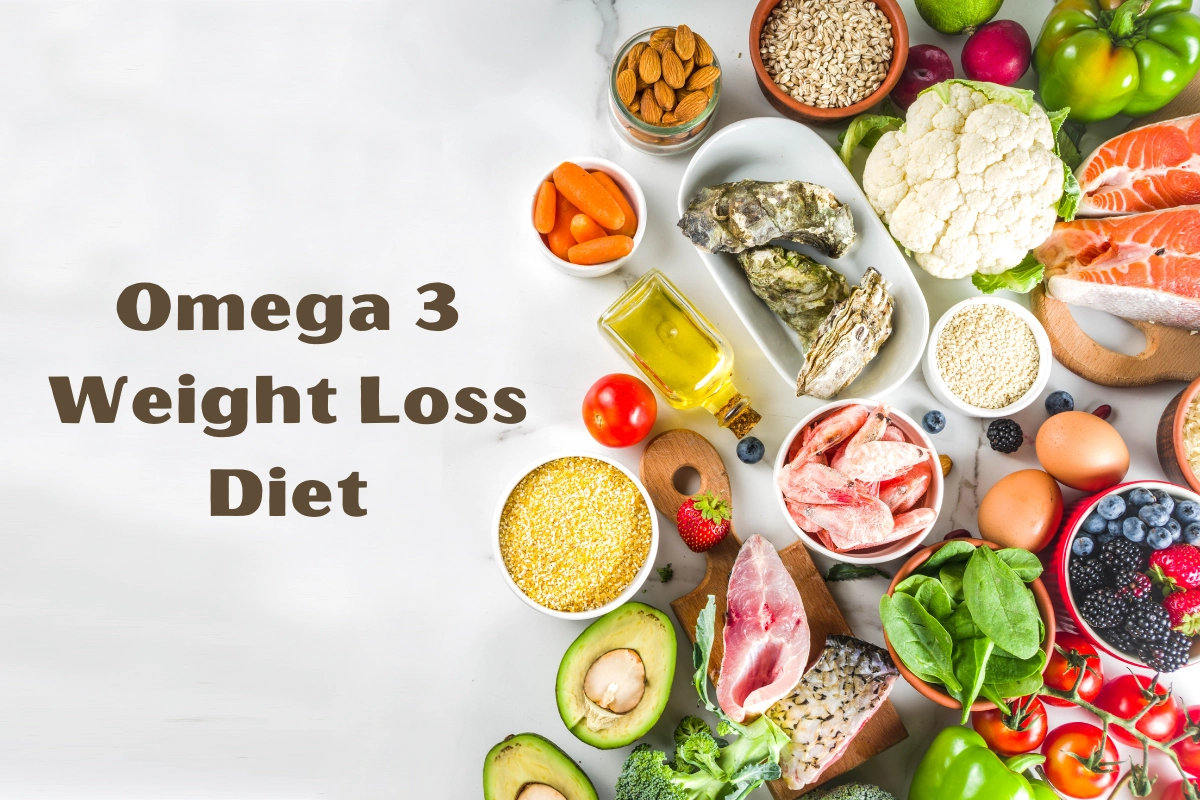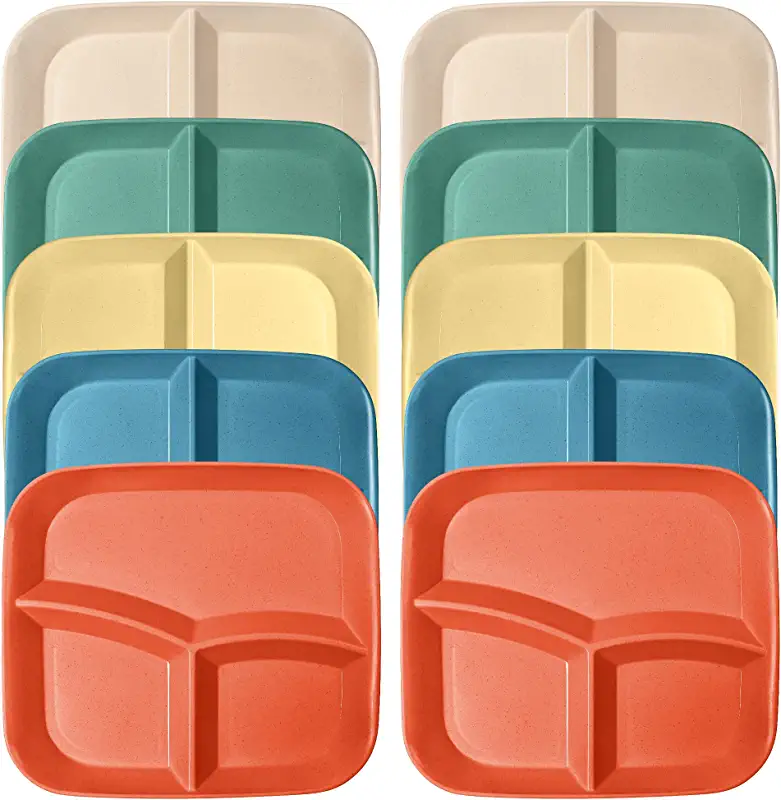An Omega 3 weight loss diet is both healthy and tasty. Omega-3 fatty acids, found in fish, have been linked to numerous health benefits, including weight loss. While government dietary guidelines recommend eating fish twice a week, some people wonder if it’s safe to eat fish every day. According to experts, for most individuals, it’s perfectly safe to eat fish every day.
In fact, it’s a healthier choice than consuming beef on a daily basis. So, if you’re looking to lose weight and improve your overall health, incorporating fish into your daily diet may be a smart choice. Omega-3 fatty acids are essential for maintaining a healthy heart and brain, and fish is a great source of these nutrients.
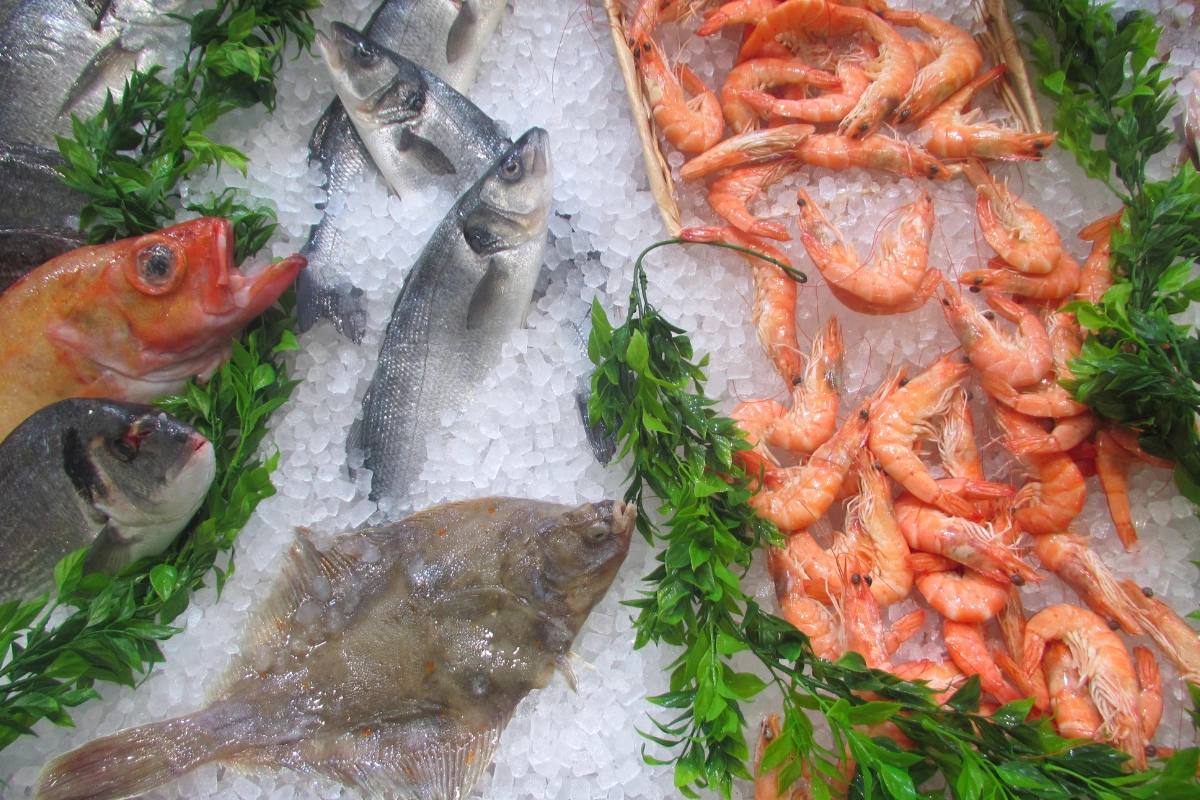
So is it OK to eat fish every day?
Eating fish every day can be good for you, as it is a great source of omega-3 fatty acids, which have been linked to numerous health benefits, including weight loss. However, it is important to choose fish that are low in mercury and other contaminants and to vary your diet to include other sources of protein as well.
Omega-3 fatty acids have been linked to numerous health benefits, including weight loss. However, it’s important to be mindful of the source of these fatty acids. Pregnant women and children should avoid consuming larger fish with longer lifespans, such as swordfish and tuna, as they may contain higher levels of toxins like mercury. Instead, they can opt for smaller fish like salmon or take omega-3 supplements to reap the benefits without the potential risks.
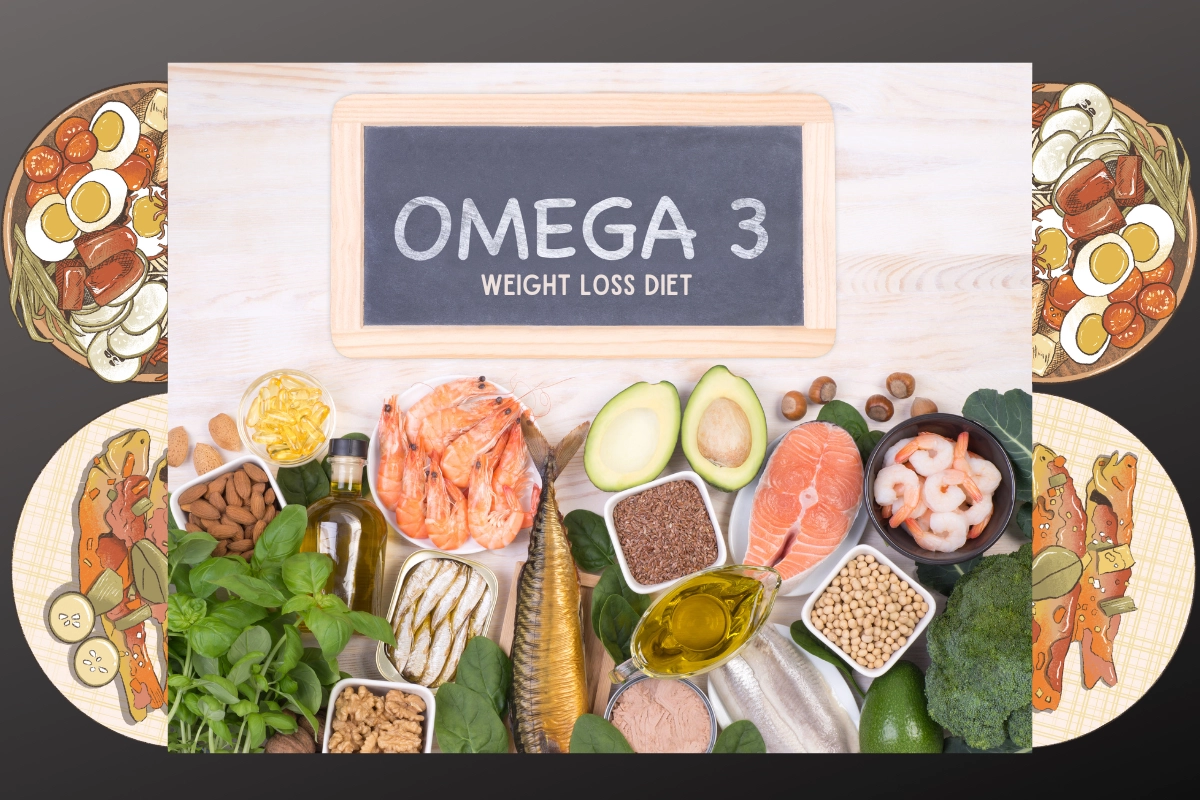
How Does an Omega 3 Weight Loss Diet Work?
An Omega 3 weight loss diet is similar to a Mediterranean-type diet that typically includes foods that are high in omega-3 fatty acids, such as fish, nuts, and olive oil. This type of diet has been linked to numerous health benefits, including weight loss and a reduced risk of heart disease.
An omega-3 weight loss diet involves consuming foods high in omega-3 fatty acids, such as fatty fish, flaxseeds, and chia seeds while limiting processed as well as high-sugar foods. These fatty acids are believed to help reduce inflammation in the body, which can lead to weight loss.
Also, an Omega 3 weight loss diet includes higher consumption of extra virgin olive oil, avocado oil, fruits, vegetables, nuts, and red wine all of which have been shown to be effective for weight loss and overall health. Omega 3s have also been linked to a reduced risk of chronic diseases such as heart disease and diabetes.
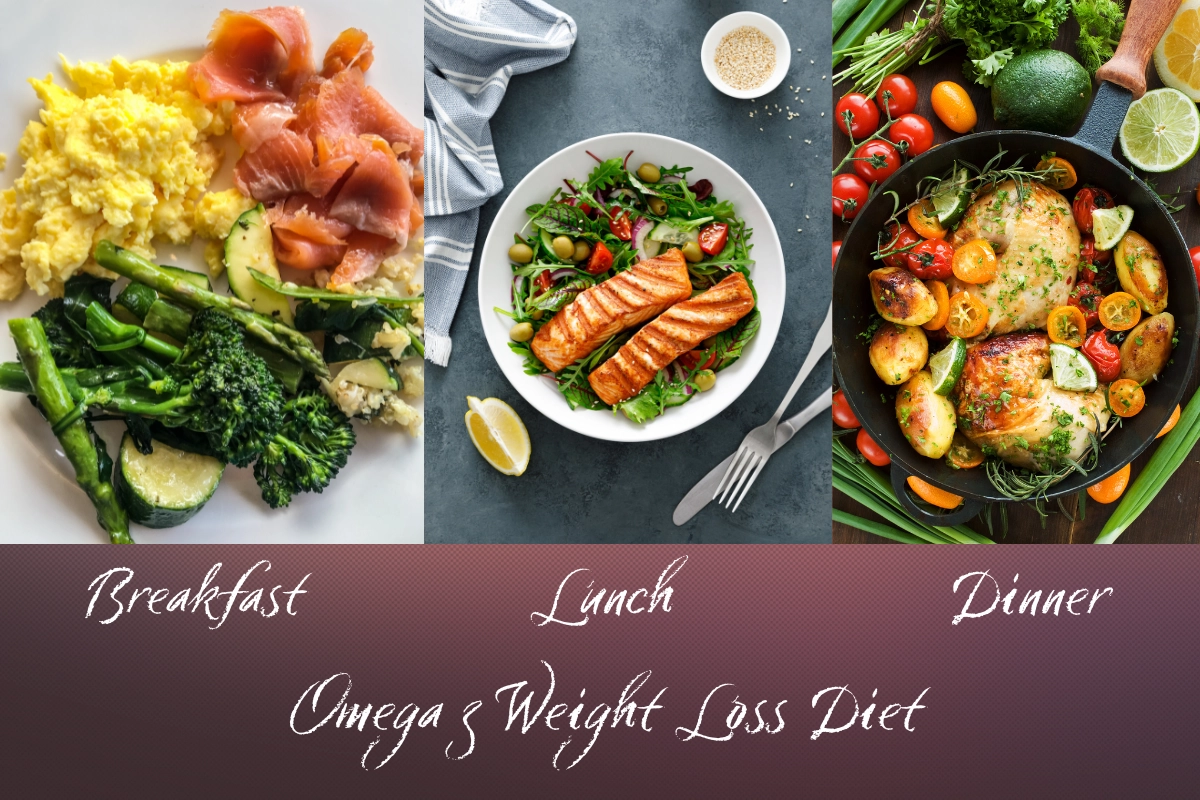
Some typical omega 3 food choices for weight loss include a healthy hi-protein breakfast of scrambled egg, smoked salmon, steamed broccoli, with zucchini slices and feta cheese. Lunch might be grilled fish filet, on a bed of salad with olives, red onions, and sliced cherry tomatoes, then topped with lemon and sesame seeds. You could serve it with a side dish of flavored quinoa or wild rice. Dinner is a bit more substantial with grilled chicken quarters, roasted fresh figs, and lower-carb root vegetables. Ideally, your evening meal should be a balance of low-carb veggies, healthy fats, and the protein of your choice.
The Ultimate Guide to Omega 3 Weight Loss Diet Choices
Omega 3 is a game-changer for weight loss. Learn how to make the most of this nutrient with our ultimate guide to Omega 3 weight loss diet choices. Learn how this essential nutrient can help you shed those extra pounds! Looking to lose weight? Omega-3 may be the missing piece to your diet puzzle. Learn how it works and how to incorporate it into your weight loss plan with this guide. Discover the science behind omega 3s and weight loss.
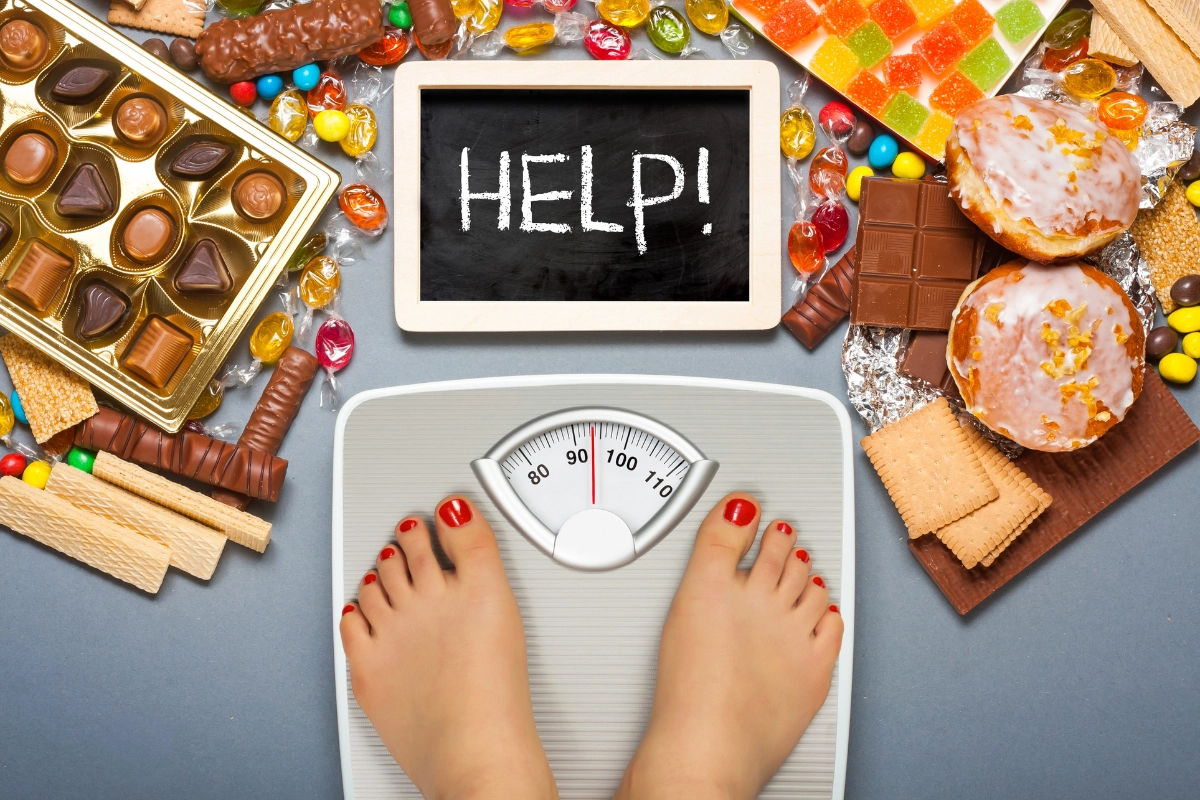
If you’re looking to shed some pounds, you may want to consider incorporating more Omega 3 into your diet. Omega-3 fatty acids are essential nutrients that play a crucial role in maintaining overall health. But did you know that they can also help with weight loss?
This essential fatty acid has been shown to have numerous health benefits, including aiding in weight loss. In this guide, we’ll explore the best Omega 3-rich foods to add to your diet and how they can help you reach your weight loss goals. We explore the science behind omega-3 and weight loss, and how incorporating this nutrient into your diet can help you shed those extra pounds.
What is Omega 3 and how does it aid in weight loss?
Omega-3 fatty acids are a type of polyunsaturated fat that is essential for good health. They are called “essential” because the body cannot produce them on its own, so they must be obtained through the diet. There are three main types of omega-3 fatty acids: alpha-linolenic acid (ALA), eicosapentaenoic acid (EPA), and docosahexaenoic acid (DHA). ALA is found in plant sources like flaxseed and chia seeds, while EPA and DHA are found in fatty fish like salmon and tuna.

Photo above left to right. Baked fish with assorted veggies and lime. Assorted Asian foods, high in omega 3s. Sesame chicken with sides of various vegetables.
Omega 3s are found in fatty fish like salmon, mackerel, and tuna, as well as in nuts and seeds like flaxseed and chia seeds. Omega 3 has been shown to aid in weight loss by reducing inflammation in the body, which can lead to weight gain and other health problems. Additionally, Omega 3 can help regulate hormones that control appetite and metabolism, making it easier to maintain a healthy weight.
Best sources of Omega 3 for weight loss
The best sources of Omega 3 for weight loss are fatty fish like salmon, mackerel, and tuna. These fish are high in Omega 3 and low in calories, making them an ideal choice for those looking to lose weight. Other sources of Omega 3 include nuts and seeds like flaxseed and chia seeds, which can be added to smoothies or sprinkled on top of salads for an extra boost of nutrients. It’s important to note that while Omega 3 can aid in weight loss, it should be consumed as part of a balanced diet and exercise routine for optimal results.
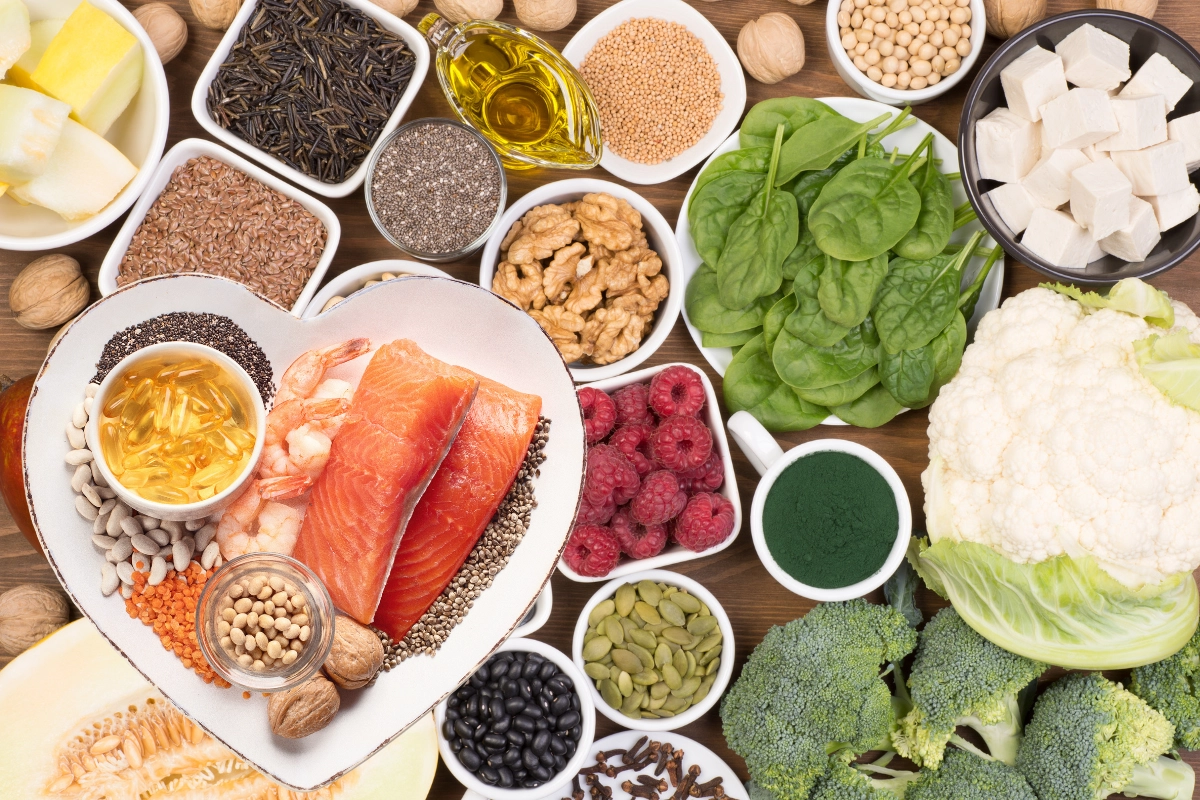
Omega-3 Fatty Acids have a Positive Effect on Weight Loss
Omega-3 fatty acids have been shown to have a positive effect on weight loss. One study found that supplementing with omega-3s led to a decrease in body weight and waist circumference in overweight and obese individuals. Another study found that omega-3s can increase feelings of fullness and reduce appetite, leading to a decrease in calorie intake. Additionally, omega-3s have been shown to improve insulin sensitivity, which can help regulate blood sugar levels and prevent weight gain.
How to incorporate Omega 3 into your diet
There are many ways to incorporate Omega 3 into your diet. One of the easiest ways is to eat fatty fish like salmon, mackerel, and tuna at least twice a week. If you’re not a fan of fish, you can also get Omega 3 from nuts and seeds like flaxseed and chia seeds. These can be added to smoothies, sprinkled on top of salads, or used as a topping for oatmeal or yogurt. Another option is to take an Omega 3 supplement, but it’s important to talk to your doctor before starting any new supplement regimen.
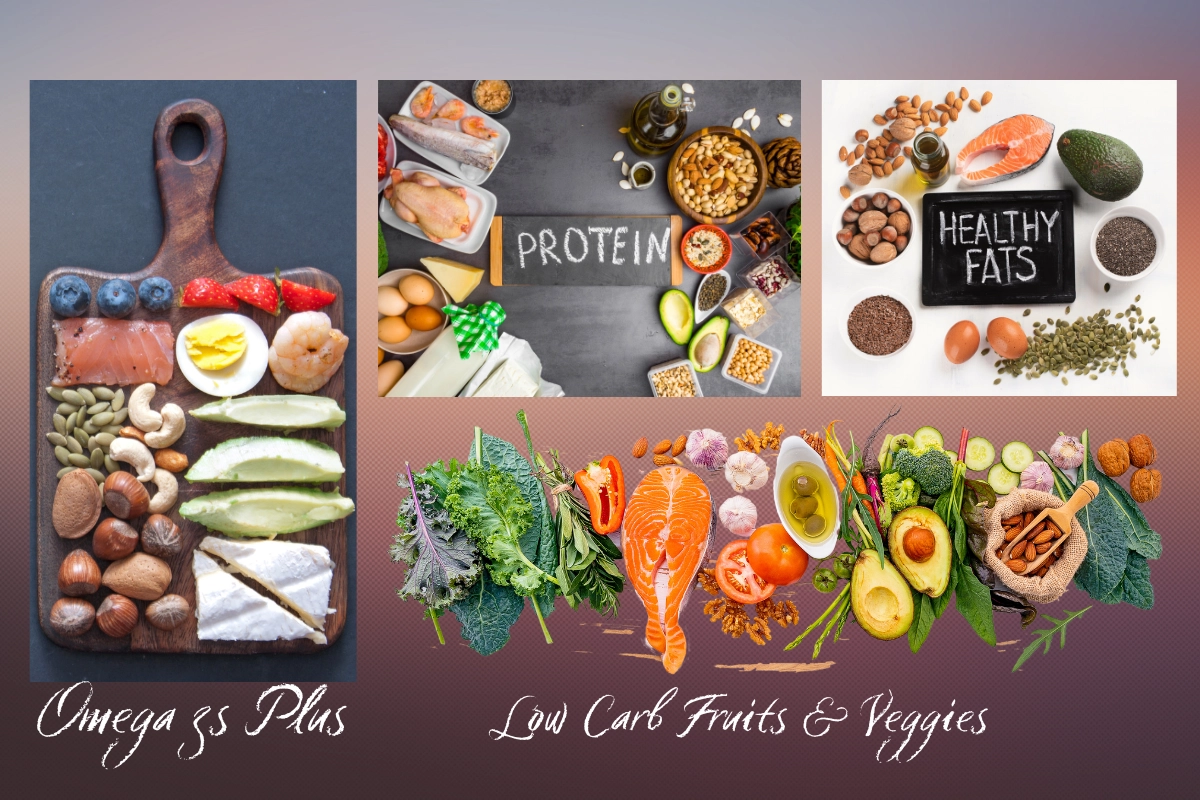
Omega 3 foods and/or Omega 3 supplements, plus higher protein and high-fat foods paired with low carbohydrate fruits and veggies are the key to success!
The Science Behind Omega-3 and Weight Loss
The Role of Omega-3 Fatty Acids in Reducing Inflammation
Inflammation is a natural response of the body to injury or infection, but chronic inflammation can contribute to a variety of health problems, including obesity. Omega-3 fatty acids have been shown to have anti-inflammatory effects, which can help reduce inflammation in the body and potentially aid in weight loss. In fact, some studies have suggested that omega-3s may be more effective at reducing inflammation than nonsteroidal anti-inflammatory drugs (NSAIDs) like aspirin or ibuprofen.
Omega-3 Fatty Acids and Appetite Control
In addition to their anti-inflammatory effects, omega-3 fatty acids may also play a role in appetite control. Research has shown that omega-3s can increase feelings of fullness and satiety, which may lead to reduced calorie intake and ultimately, weight loss. One study found that participants who consumed omega-3 supplements for 12 weeks experienced a significant reduction in appetite compared to those who took a placebo. Another study found that omega-3s may help regulate the hormones that control appetite, such as ghrelin and leptin.
Tips for maximizing the benefits of Omega 3 for weight loss
To make the most of Omega 3 for weight loss, it’s important to choose the right sources and incorporate them into your diet in a balanced way. Some tips for maximizing the benefits of Omega 3 include choosing fatty fish like salmon, mackerel, and sardines, incorporating flaxseeds and chia seeds into your meals, and using Omega 3-rich oils like olive oil and canola oil for cooking. It’s also important to balance your Omega 3 intake with Omega 6, which is found in many vegetable oils and processed foods, to ensure optimal health benefits. Read more about balancing your Omega here.
Best Sources of Omega-3 Fatty Acids and How to Incorporate Them into Your Diet
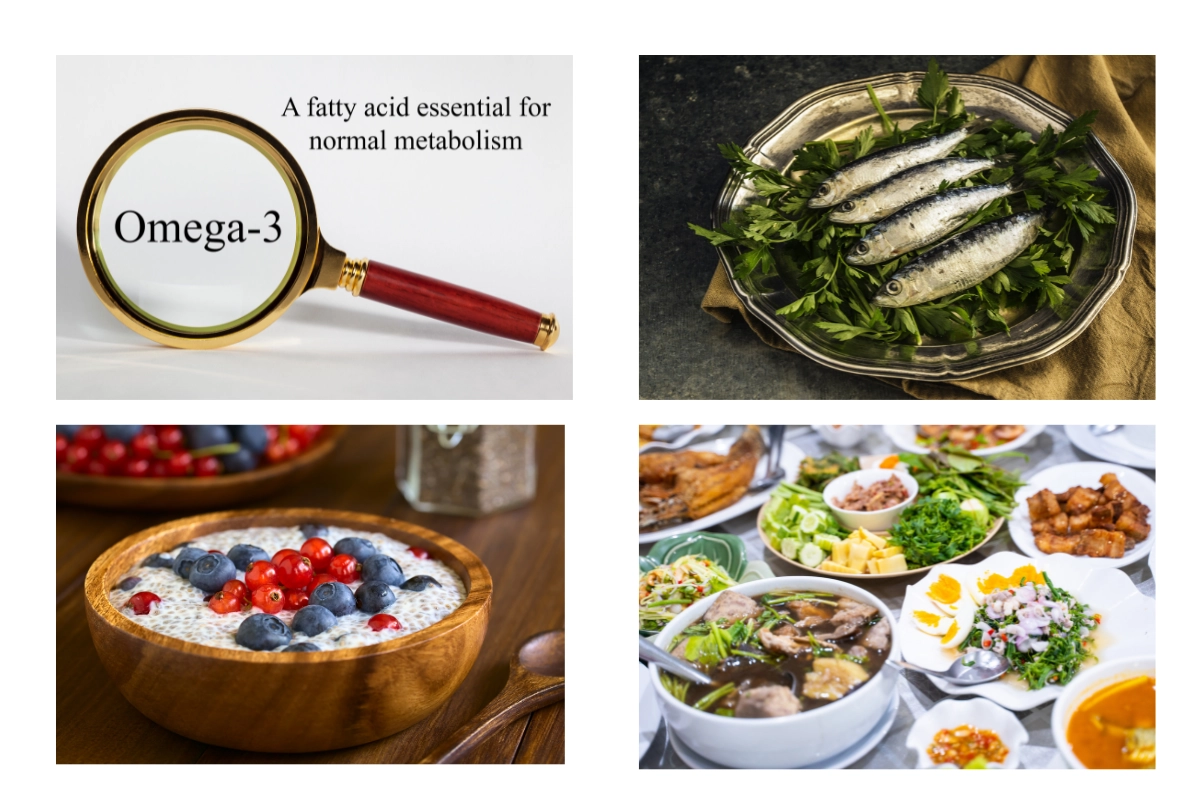
Sardines on bed of fresh herbs, chia pudding with berries, various Thai dishes heavy with Omega 3s.
The best sources of omega-3 fatty acids are fatty fish such as salmon, tuna, and mackerel. Other sources include flaxseeds, chia seeds, walnuts, and soybeans. To incorporate these sources into your diet, try adding salmon to your salad, snacking on a handful of walnuts, or sprinkling chia seeds on your yogurt. You can also consider taking an omega-3 supplement, but be sure to talk to your doctor first.
Best Omega 3 Supplements for Weight Loss
While incorporating omega-3s into your diet through food sources is the best option, taking an Omega 3 supplement can also aid in weight loss. Studies have shown that Omega 3 supplements can help reduce inflammation, improve insulin sensitivity, and increase feelings of fullness, all of which can contribute to weight loss. However, it’s important to choose a high-quality supplement and talk to your doctor before starting any new supplement regimen.
Omega-3 fatty acids have been linked to weight loss and improved overall health. To ensure you’re getting the most out of your omega-3 supplements, look for ones that contain at least 50% EPA and DHA. For example, a supplement with 500 mg of combined EPA and DHA per 1,000 mg of fish oil is ideal. It’s generally safe to consume fish oil, but if you take blood thinners, it’s best to consult with a healthcare professional before adding supplements to your diet. To reap the benefits, take 300-3,000 mg of omega-3s per day.
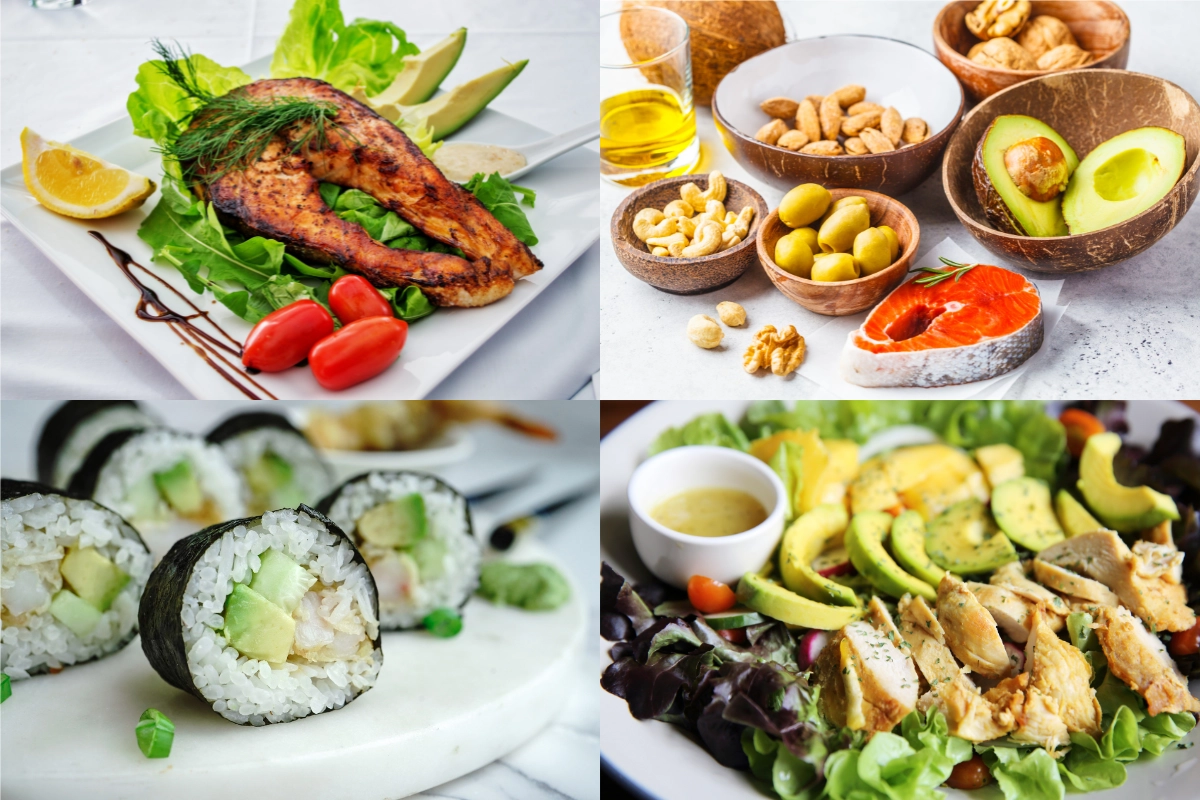
Baked salmon with lemon and dill, on a bed of lettuce with avocado and grape tomatoes. Nuts, olives, olive oil, avocado, salmon, walnuts, and coconut. Sushi rolls. Baked fish on a bed of lettuce, radishes, capers, etc.
5 Delicious Recipes to Try Today
Baked Salmon with Lemon and Dill
This recipe is not only delicious but also packed with omega-3 fatty acids. Simply season a salmon fillet with salt, pepper, lemon juice, and fresh dill. Bake in the oven for 15-20 minutes and serve with a side of roasted vegetables for a healthy and satisfying meal.
Quinoa and Avocado Salad
This refreshing salad is a great way to incorporate omega-3s into your diet. Cook quinoa according to package instructions and mix it with diced avocado, cherry tomatoes, cucumber, and a drizzle of olive oil and lemon juice. Top with a sprinkle of chia seeds for an extra boost of omega-3s.
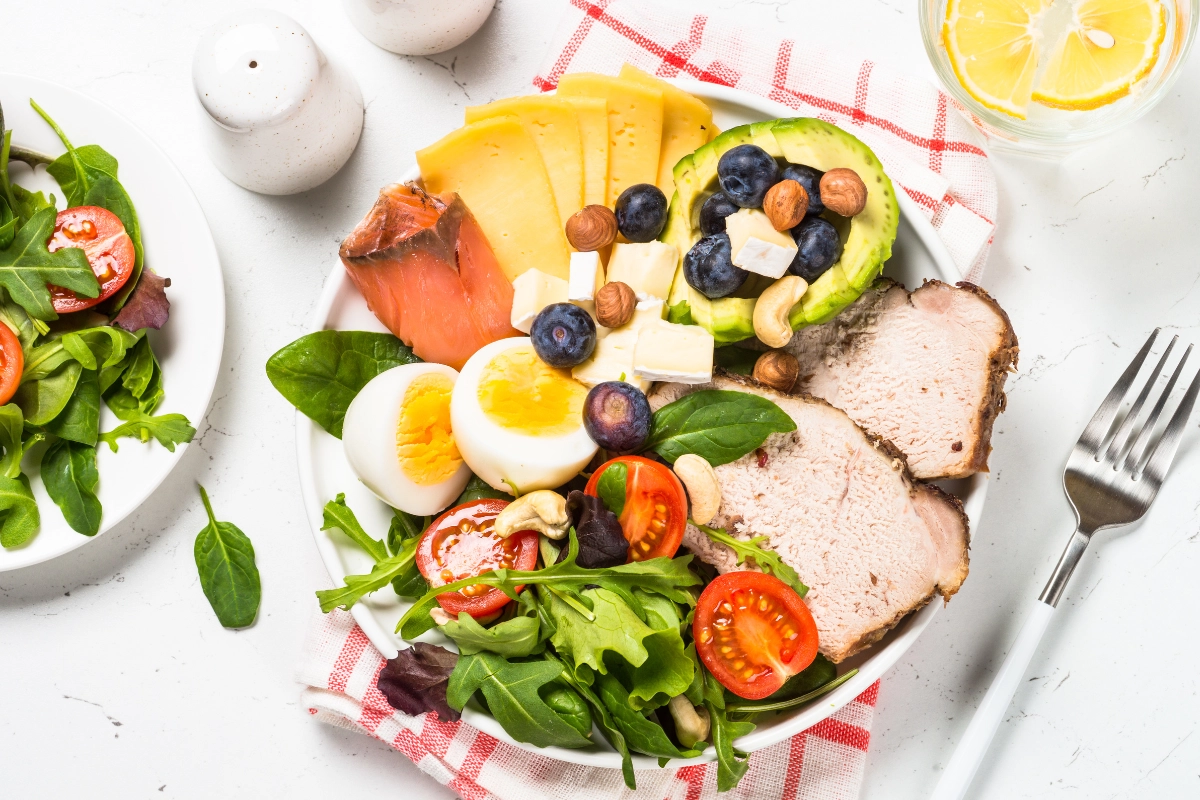
Baked meat, smoked salmon, eggs, avocado, salad leaves, cheese, berries, seeds, nuts, and cherry tomatoes for a perfect Omega 3-rich breakfast or lunch.
Grilled Tuna Steak with Mango Salsa
Tuna is a great source of omega-3s and pairs perfectly with sweet and tangy mango salsa. Simply season a tuna steak with salt and pepper and grill for 3-4 minutes on each side. Top with a homemade mango salsa made with diced mango, red onion, jalapeno, lime juice, and cilantro.
Spinach and Feta Stuffed Chicken Breast
This recipe is not only delicious but also low in calories and high in omega-3s. Butterfly a chicken breast and stuff with a mixture of spinach, feta cheese, and chopped walnuts. Bake in the oven for 25-30 minutes and serve with a side of roasted sweet potatoes.
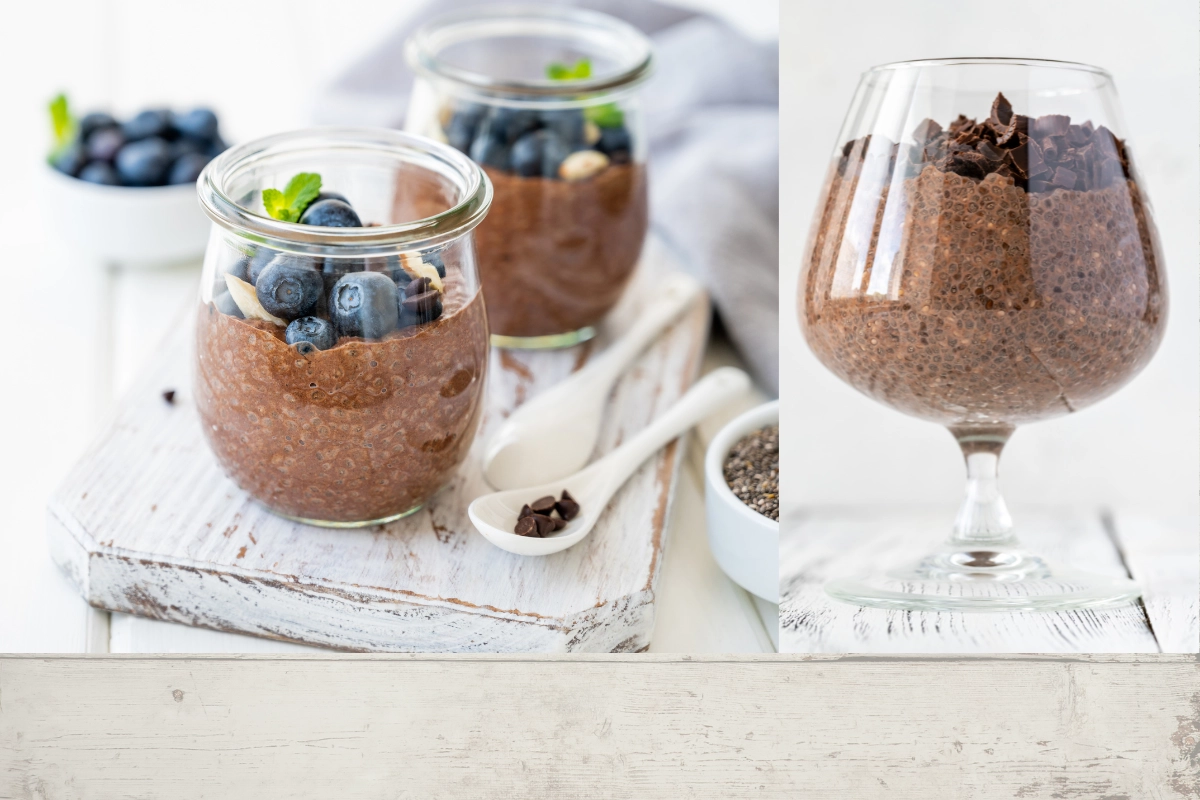
Chocolate Chia Pudding
This dessert is not only indulgent but also packed with omega-3s. Mix chia seeds with almond milk, cocoa powder, and a drizzle of honey. Let sit in the fridge for a few hours or overnight until the chia seeds have absorbed the liquid and formed a pudding-like consistency. Top with fresh berries and chopped nuts for added texture and flavor.
How to Get Started with an Omega 3 Rich Weight Loss Diet
To get started with an Omega-3 weight loss diet, you should focus on incorporating foods that are high in Omega-3 fatty acids, such as fatty fish, nuts, and seeds, into your meals. You can also consider taking Omega-3 supplements. It’s important to remember that while Omega-3s can aid in weight loss, they should be part of a balanced diet and exercise routine. Consult with a healthcare professional before starting any new diet or supplement regimen.
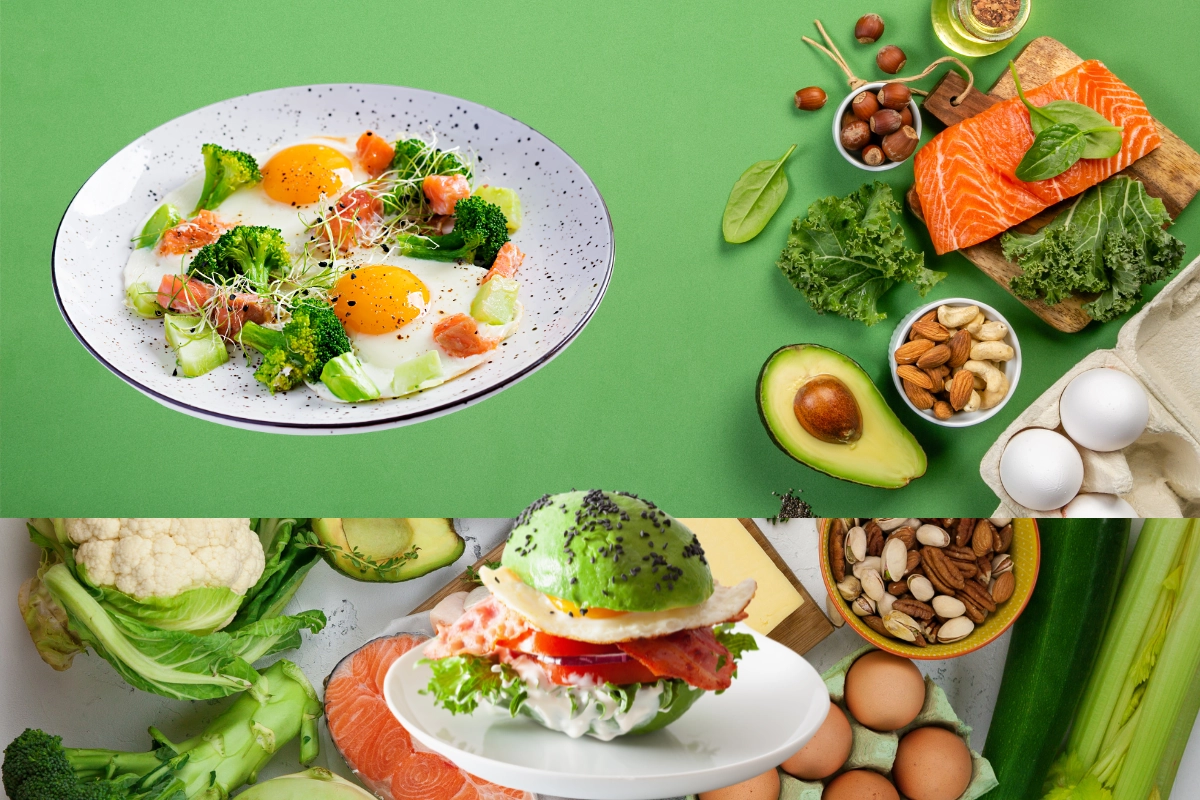
Start your day with a healthy breakfast – Incorporate Omega 3 foods into your breakfast routine. Try adding chia seeds or flaxseeds to your oatmeal or smoothie. You can also have a serving of salmon or sardines with your breakfast.
Snack on nuts and seeds – Nuts and seeds are a great source of Omega 3s and make for a healthy snack. Try snacking on almonds, walnuts, or pumpkin seeds throughout the day.
Add fatty fish to your meals – Fatty fish like salmon, tuna, and mackerel are high in Omega 3s and make for a delicious and healthy meal. Try incorporating these fish into your lunch or dinner routine.
Use Omega 3 oils for cooking – Cooking with Omega 3 oils like olive oil or avocado oil can help you incorporate more Omega 3s into your diet. These oils are also healthier alternatives to other cooking oils.
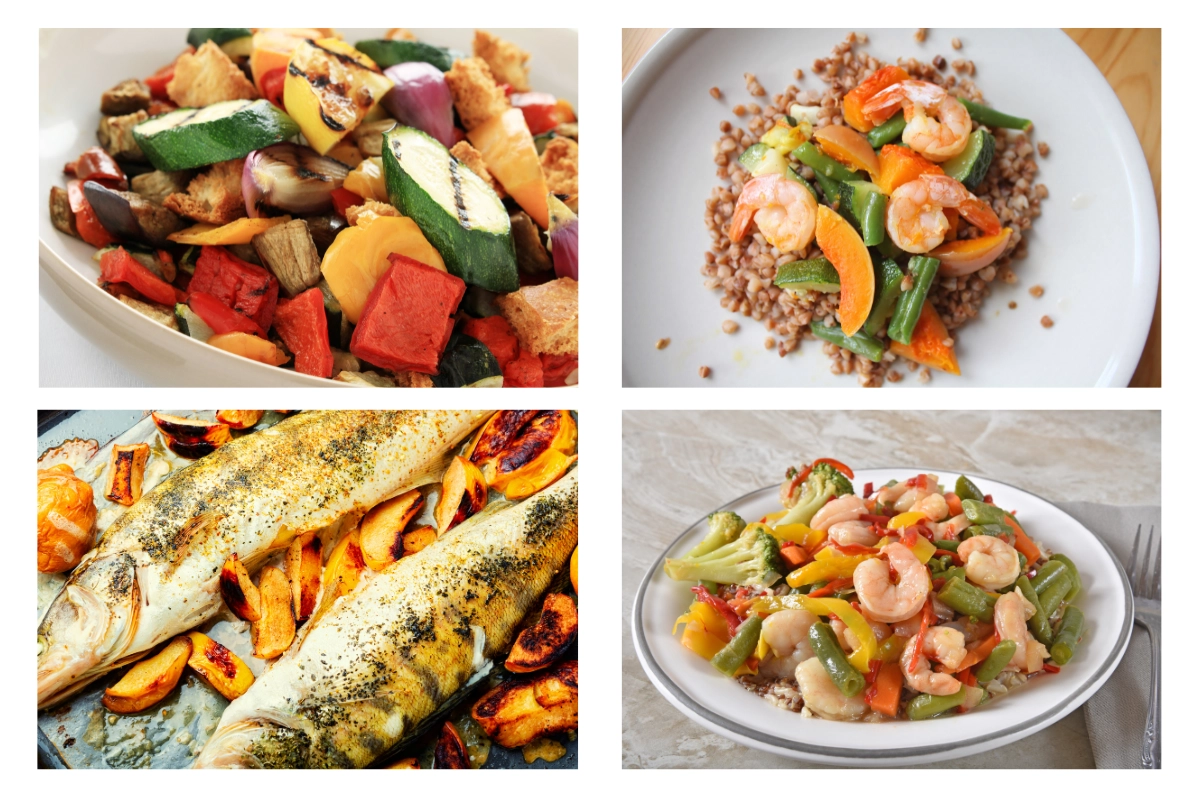
Photo from left to right. Grilled veggies with grilled tofu. Shrimp on a bed of buckwheat with green beans, pumpkin, and zucchini. Whole grilled fish with roasted mango slices. Stir fry shrimp on a bed of brown rice or quinoa.
Pair Omega 3 foods with other healthy foods – Pairing Omega 3 foods with other healthy foods can help you burn more calories and aid in weight loss. Try pairing salmon with a side of roasted vegetables or adding chia seeds to a salad.
Incorporate Omega 3 supplements – If you find it difficult to incorporate enough Omega 3s into your diet, consider taking Omega 3 supplements. These supplements can help you meet your daily Omega 3 needs and aid in weight loss.

Just so NO to sugary high carbohydrate foods! It’s important to choose the right sources of Omega 3s.
Avoid processed foods – Processed foods are often high in unhealthy fats and low in Omega 3s. Avoiding these foods and opting for whole, natural foods can help you incorporate more Omega 3s into your diet and aid in weight loss.
Additional Weight Loss Tips
Set realistic goals – When setting weight loss goals, it is important to be realistic. Aim to lose 1-2 pounds per week. This is a safe and sustainable rate of weight loss.
Make a plan – Once you have set your goals, it is time to make a plan. This plan should include what you will eat, how you will exercise, and how you will track your progress.
Track your progress – It is important to track your progress so that you can see how you are doing. There are many different ways to track your progress, such as keeping a food journal or using a fitness tracker.

Be patient – Weight loss takes time and effort. Do not get discouraged if you do not see results immediately. Just keep at it and you will eventually reach your goals.
Find a support system – Having a support system can be very helpful when trying to lose weight. This support system can include friends, family, or even a weight loss buddy.
Don’t give up – There will be times when you feel like giving up. However, it is important to remember why you started this journey in the first place. Just keep going and you will eventually reach your goals.
Have fun! – Weight loss should not be a chore. If you’re not enjoying yourself, you’re less likely to stick with it. Find ways to make weight loss fun and enjoyable for you.

From photo above: Sheet pan-baked meat with roasted veggies. Avocado boats with eggs and various crudities. Baked Yellowtail paired with a glass of white wine and roasted vegetables. Other Omega 3 foods such as smoked salmon, eggs, avocado, salad leaves, cheese, fish, berries, seeds, nuts, nut butter, carrots, and other root vegetables as well as arugula spinach, and other assorted veggies.
In Conclusion
In conclusion, an Omega 3 weight loss diet can be fun and tasty. Omega-3 fatty acids have been linked to numerous health benefits, including weight loss. Omega-3 fatty acids may also play a role in appetite control. Research has shown that omega-3s can increase feelings of fullness and satiety, which may lead to reduced calorie intake and ultimately, weight loss.
Read more about increasing Omega 3’s here.
Read more about Omega 3’s and weight loss here.
Kay is accomplished an author, writer, and editor, with a vast portfolio of work in both local and national online publications. With a passion for healthy living, design, and marketing Kay has established herself as a highly respected lifestyle influencer. Kay is creative and has excellent communication and interpersonal skills allowing her to engage with an audience in a meaningful way. Kay is very active on social platforms, engaging with her audience in an active and responsive way. Kay is an organized and reliable source regarding a healthy lifestyle.
ADD ADHD Alzheimers antioxidants arthritis Best Sources of Omega 3 6 9 Fatty Acids cancer exercise fatty acids fatty fish fermented foods fish oil flax seed oil health benefits healthy diet Healthy Lifestyle healthy lifestyle benefits healthy lifestyle food Healthy Weight loss heart disease herring hummus indoor herb garden grow light indoor herb garden kits indoor herb garden on wall indoor herb garden planters jackfruit joint stiffness mackerel meditation mental health mushrooms oily fish omega-3 omega-3 fatty acids omega 3 6 9 risks and side effects Omega3tips.com salmon sardines super foods tuna unplug vitamins Weight loss wellness
Omega-3 fatty acids can help with weight loss in a few ways. They can reduce inflammation in the body, which can lead to weight gain. They can also increase feelings of fullness, which can help you eat less. Additionally, omega-3s can improve insulin sensitivity, which can help regulate blood sugar levels and prevent weight gain.

